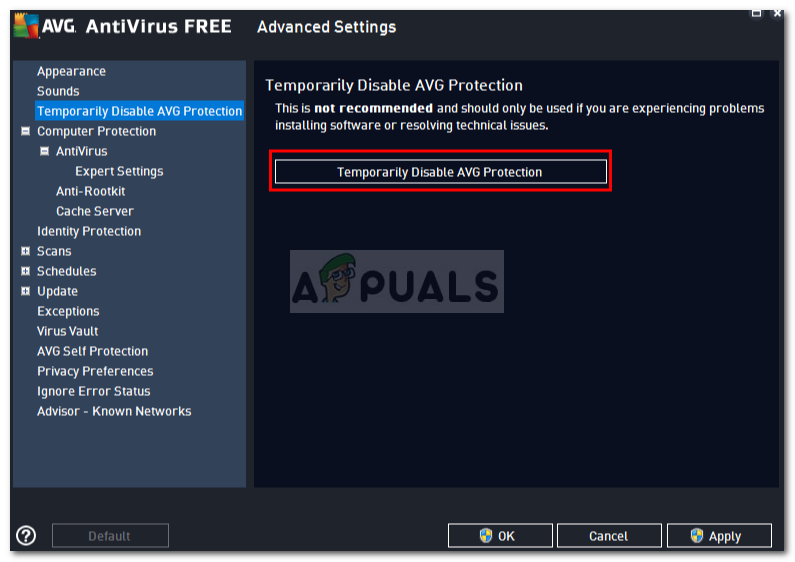

Here, find the “Automatic sample submission” option and turn it off.Īlthough automatic file submission is now disabled, you can still manually submit samples of potential threats to Microsoft. Scroll down and look for the “Virus & threat protection settings” section. Click the “Manage settings” link. When the Windows Security window opens, click “Virus & threat protection.”

To disable the option, open the “Start” menu, search for “Windows Security,” and click the app in the results. You can stop Windows 10’s antivirus from sending files to Microsoft if you don’t feel comfortable with this feature.
HOW TO GET VIRUS OFF COMPUTER WINDOWS 10 HOW TO
RELATED: How Do Windows Defender's "Automatic Sample Submission" and "Cloud-Based Protection" Work? How to Stop Automatic Sample Submission If there’s a file that likely contains any data about you-for example, a Microsoft Word document with a suspicious-looking macro-Windows will ask you for permission before sending the file. Microsoft tries not to include any personal information in these submitted files.
HOW TO GET VIRUS OFF COMPUTER WINDOWS 10 WINDOWS 10
That way, the next time this virus or malware is found on someone’s PC, the built-in Windows 10 antivirus can block that file straightaway.

These sample files submitted from your computer help Microsoft equip its antivirus with new virus definitions. Windows 10’s built-in antivirus program, known as Windows Security or Windows Defender, sends suspicious files to Microsoft so that the company can learn about new viruses and other threats. Why Windows 10’s Antivirus Sends Files to Microsoft


 0 kommentar(er)
0 kommentar(er)
